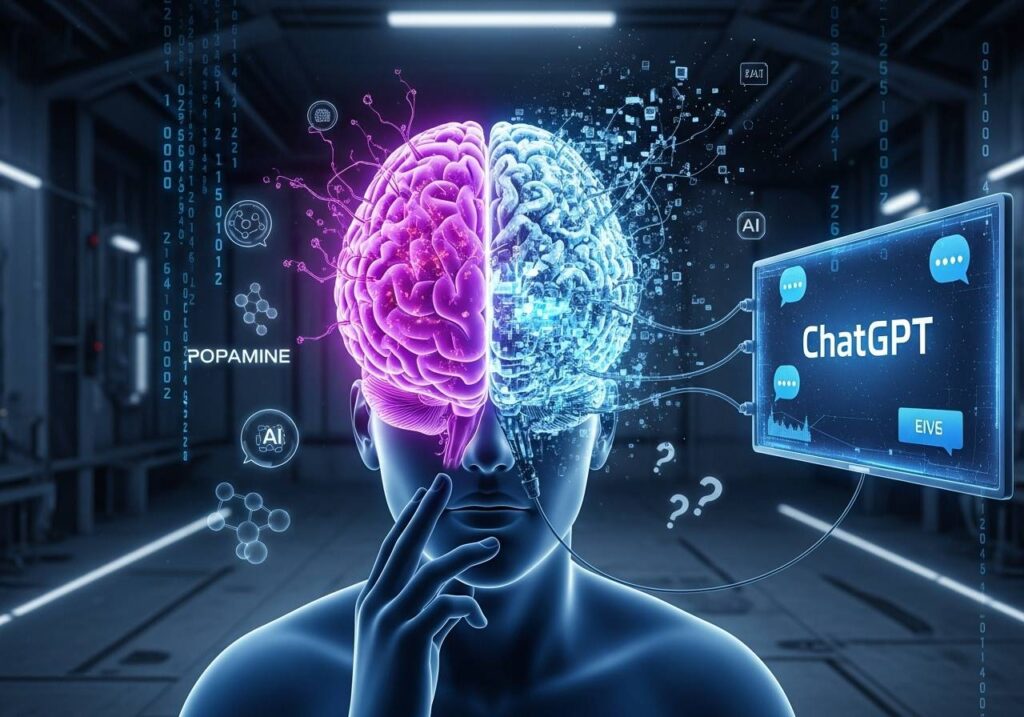Artificial Intelligence has revolutionized the world. Tools like ChatGPT are helping millions write content, solve problems, generate code, brainstorm ideas, and even battle loneliness. But beneath the glossy surface of convenience, speed, and intelligence lies a disturbing question many experts are now asking: “Is ChatGPT poisoning your brain?”
In a world driven by dopamine, notifications, and instant gratification, is our over-reliance on AI slowly rewiring our brains, diminishing creativity, and eroding critical thinking? This article explores the effects of AI on the brain, the potential mental health dangers of ChatGPT addiction, and what you can do to stay safe and mentally sharp in the AI-driven age.
What Is ChatGPT & Why Are People So Dependent On It?
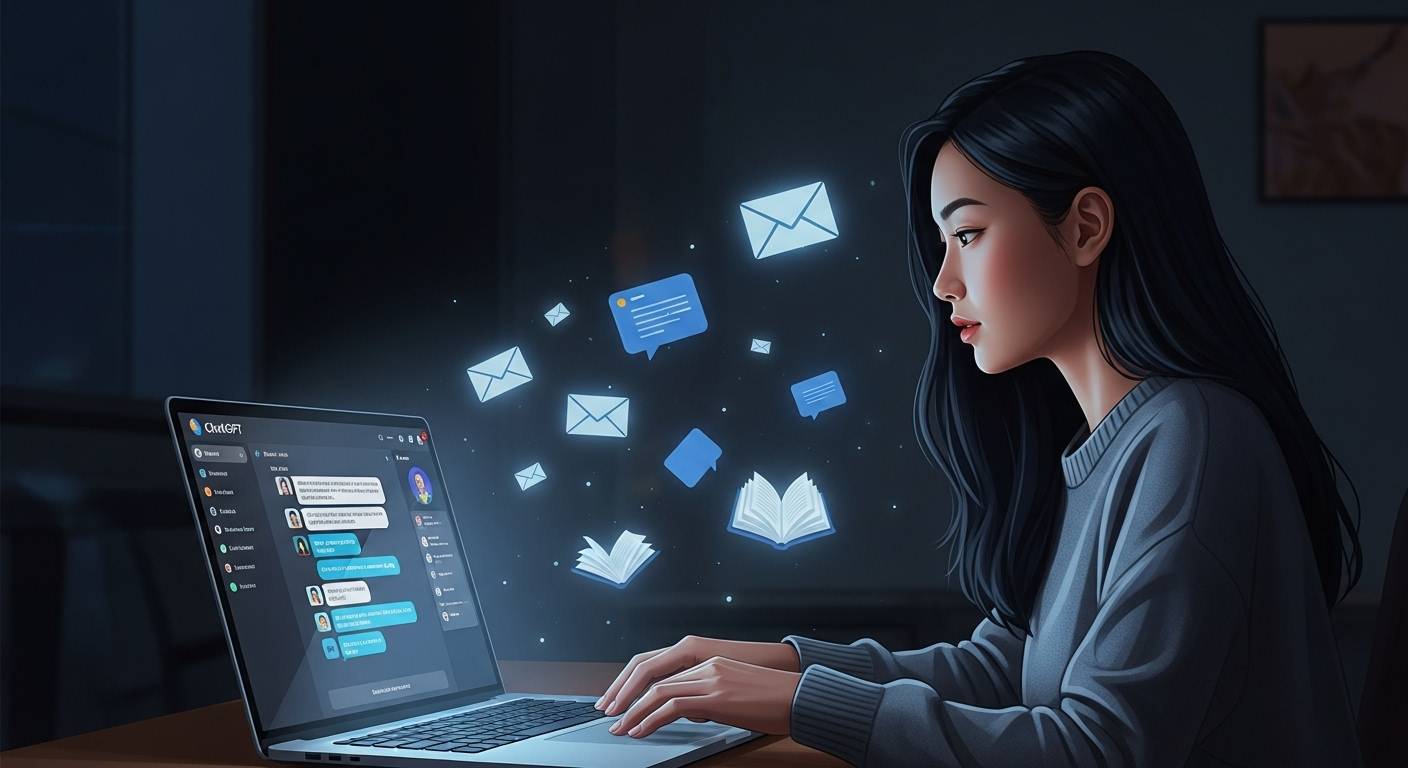
ChatGPT is an AI chatbot developed by OpenAI that uses advanced language models to respond conversationally. From students and freelancers to CEOs and therapists, millions use ChatGPT daily for:
- Generating content or emails
- Writing essays, code, or business proposals
- Getting therapy-like emotional support
- Summarizing books or research
- Brainstorming creative ideas
- Translating languages or explaining difficult concepts
But while it’s a powerful AI productivity tool, the ease of having all answers instantly can become dangerously seductive.
How ChatGPT May Be ‘Poisoning’ Your Brain (Metaphorically)
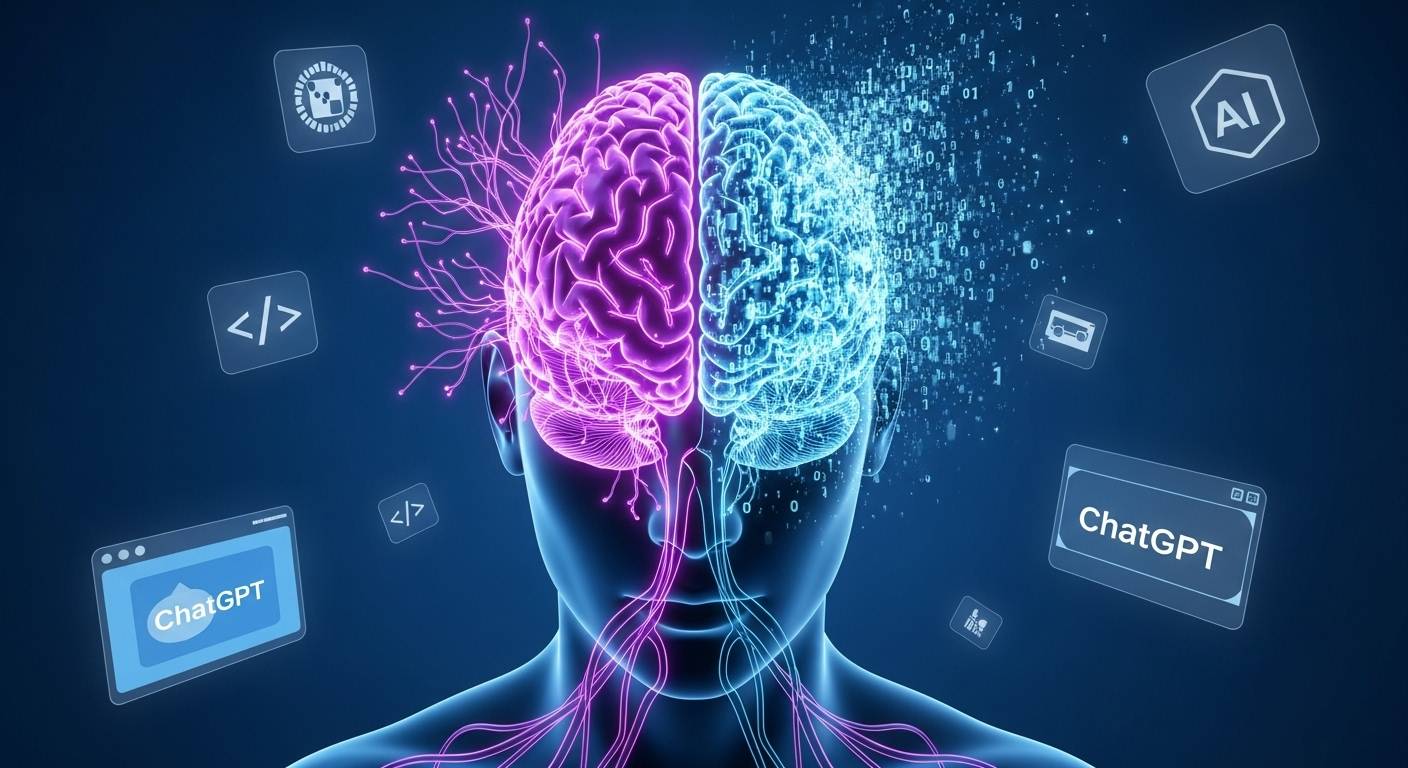
Let’s be clear: ChatGPT is not inherently harmful. But overuse and dependency can have negative effects on the brain, similar to social media or smartphone addiction.
1. Erosion of Critical Thinking
One of the most significant concerns among educators and neurologists is the decline in independent thinking. Why analyze a topic or solve a math problem when you can just ask ChatGPT?
- Students are using ChatGPT instead of learning
- Professionals rely on AI instead of strategizing
- Over time, your brain’s problem-solving muscle weakens
2. Reduced Creativity
AI tools often mirror content from existing data, meaning they can limit truly original thought. When you use AI for brainstorming or writing too often, you start to think like the machine.
- Writers mimic AI-generated sentence structure
- Artists lose their unique visual voice
- Creativity becomes “predictable” and derivative
3. Mental Fatigue and Cognitive Laziness
AI makes life easier—but too easy can be dangerous. Just like using a calculator too often makes you forget basic math, using ChatGPT can create cognitive atrophy. Your short-term memory and focus weaken over time.
4. Emotional Detachment and Digital Companionship
Some people turn to ChatGPT for conversations, therapy, and companionship. While it’s better than nothing, it’s no replacement for human relationships. Emotional dependency on AI can fuel loneliness, not cure it.
Signs You’re Becoming Addicted to ChatGPT
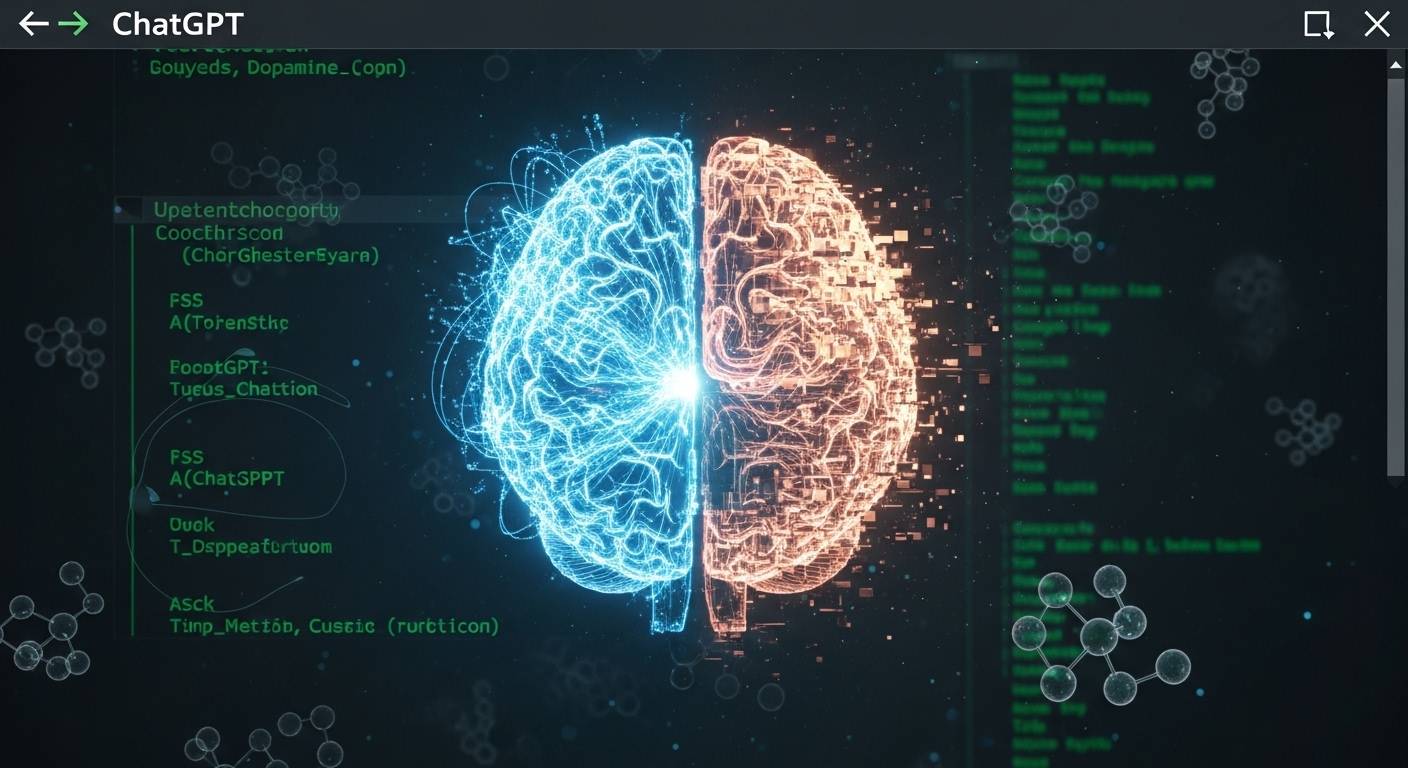
ChatGPT addiction is not officially recognized (yet), but mental health experts have started to track some key warning signs:
- You ask ChatGPT things you could easily figure out
- You feel anxious without AI assistance
- You struggle to complete tasks without ChatGPT
- You prefer talking to AI over real people
- You no longer trust your own thoughts and instincts
What Does the Science Say?
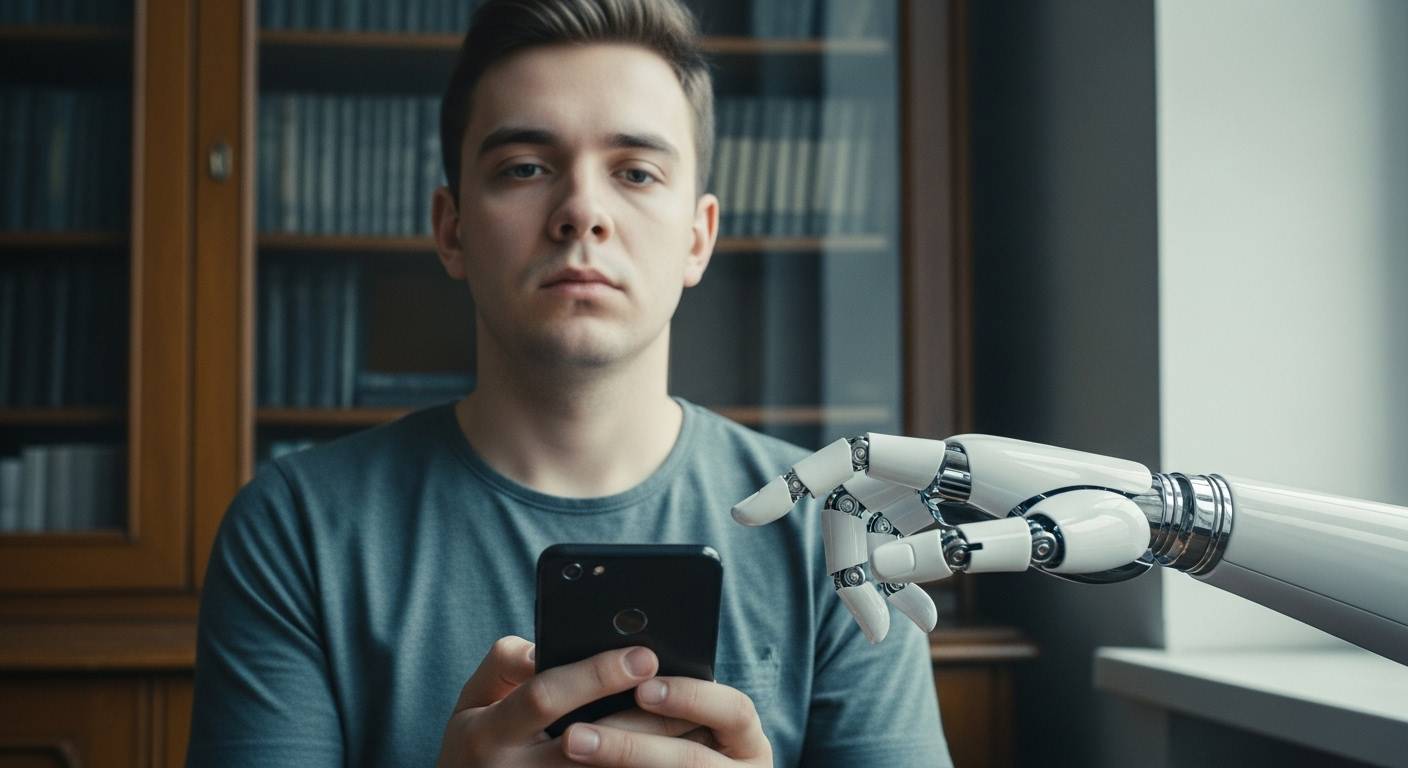
While research is still in early stages, neuroscientists and psychologists have warned that AI dependency mimics other screen-based addictions.
A 2024 study from the University of Toronto showed:
- Students using ChatGPT daily had 23% lower test performance in creative problem-solving
- MRI scans revealed lower activation in the prefrontal cortex among heavy AI users
Participants reported brain fog and reduced mental clarity after excessive use
The Dopamine Loop of Instant Answers
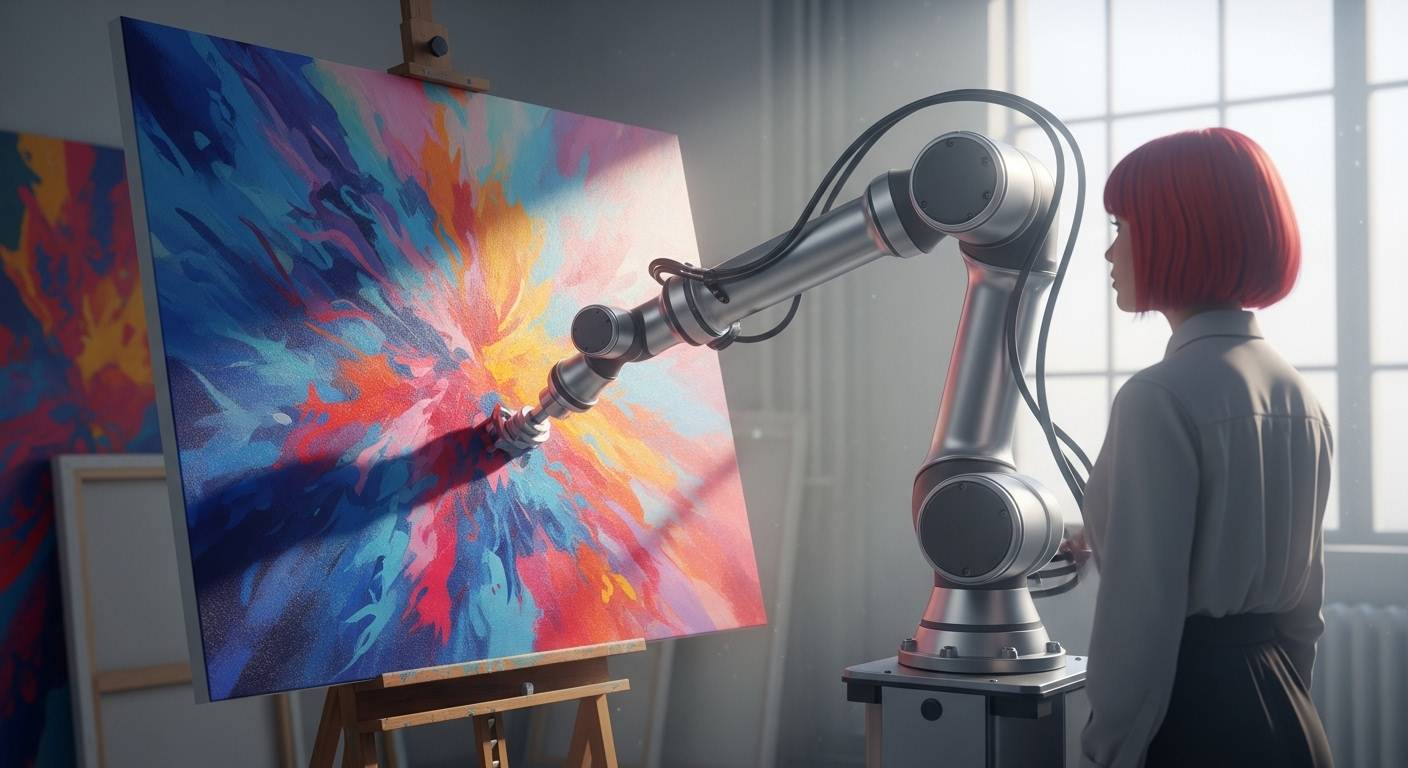
Just like TikTok or Instagram reels, ChatGPT gives instant results—a dopamine rush. You don’t have to search Google, cross-check sources, or struggle with learning. Your brain rewards this shortcut, forming a feedback loop.
Over time, this reprograms your brain to:
- Avoid effort
- Resist deep learning
- Seek only quick fixes
This phenomenon is already being dubbed “AI Dopamine Dependency Syndrome.”
The Tech Industry Knows This—And Profits From It
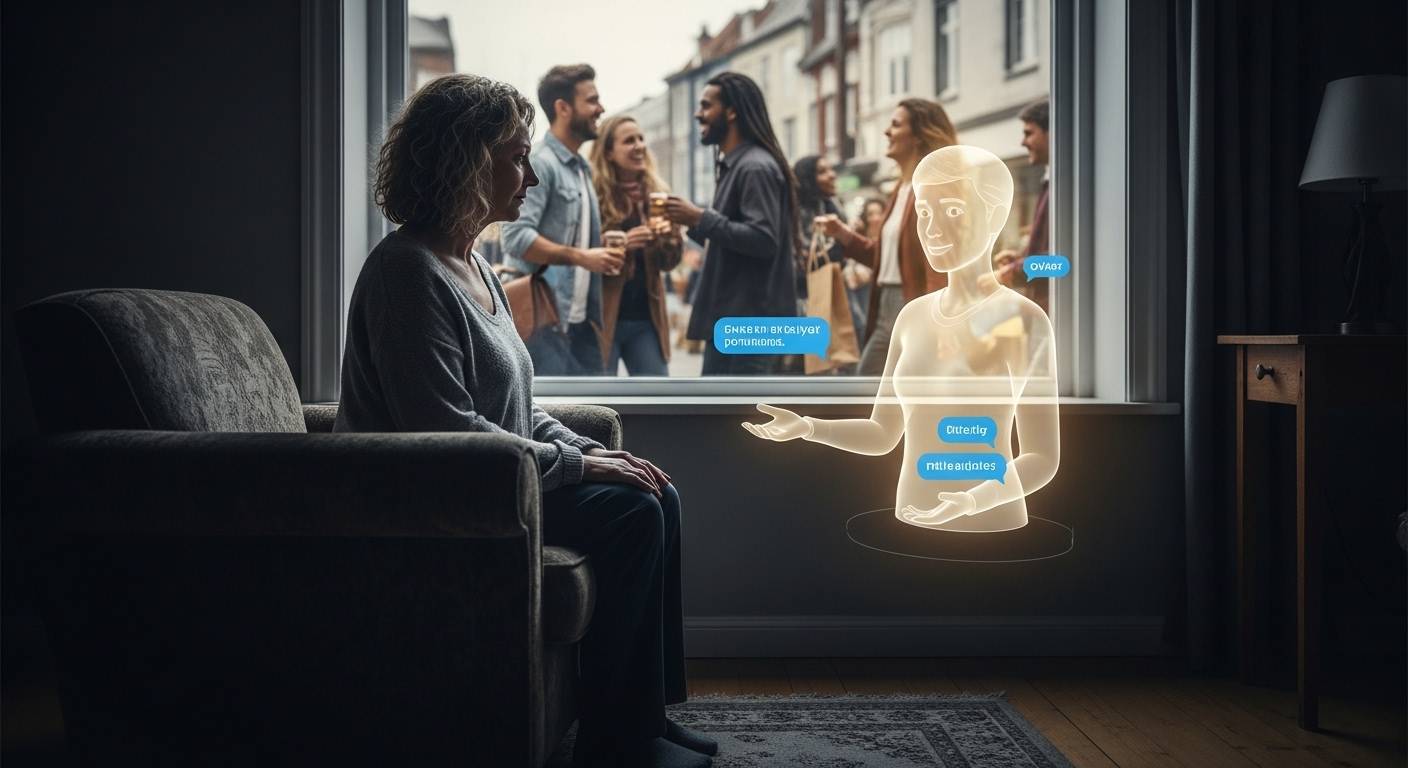
Big tech companies want you hooked. The more you use ChatGPT, the more data they get, and the more you pay (via subscriptions or enterprise tools). Just like social media, AI is being designed for maximum engagement, not necessarily maximum mental health.
How to Use ChatGPT Without Damaging Your Brain
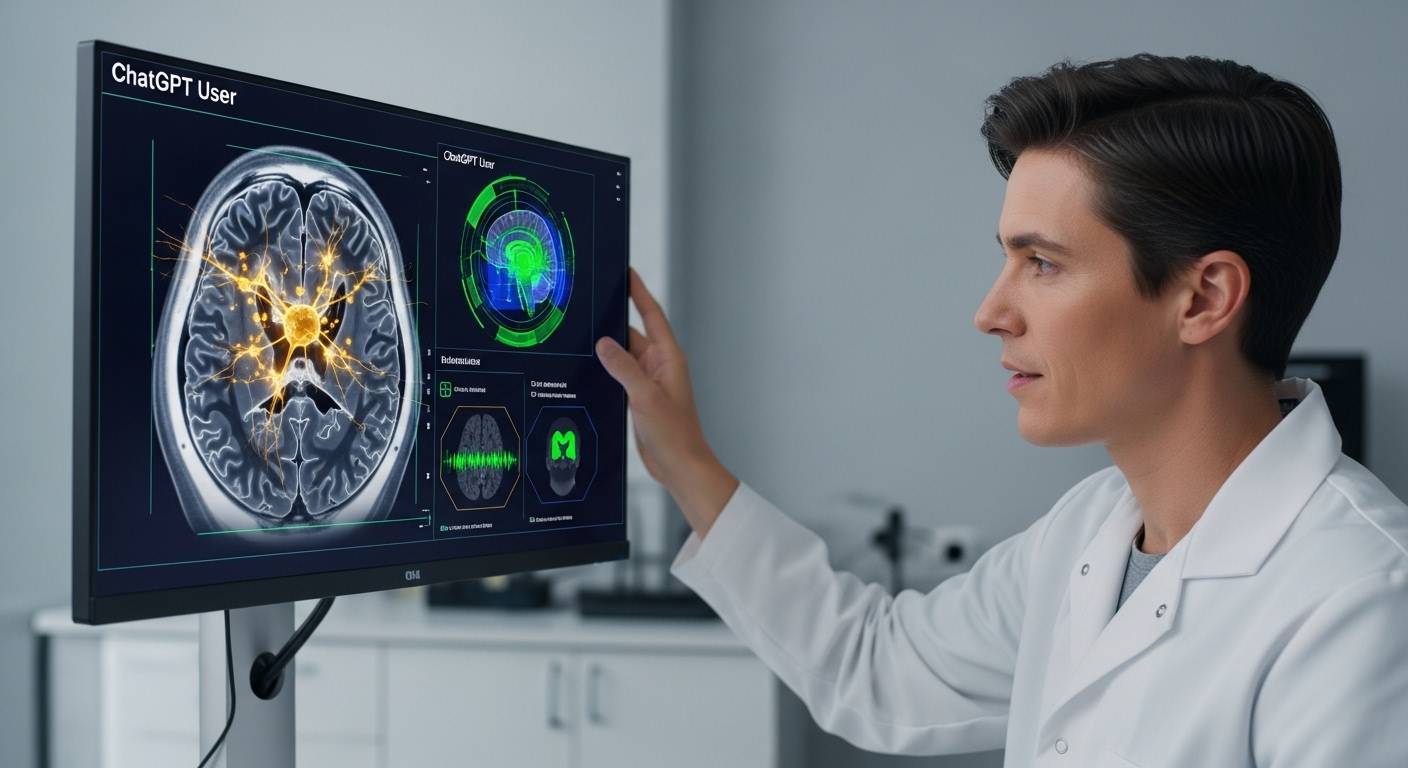
Luckily, ChatGPT doesn’t have to be harmful—if used consciously.
✅ Set Time Limits
Limit your use to 30–60 minutes per day. Use it for specific tasks, not everything.
✅ Use It As a Partner, Not a Crutch
Think before you ask. Draft something yourself, then use ChatGPT to refine it.
✅ Practice Digital Detox
Spend at least one day a week AI-free. Reconnect with books, people, and nature.
✅ Train Your Brain
Use logic games, writing exercises, or debates to strengthen your mental muscles.
✅ Seek Human Interaction
If you’re using ChatGPT for emotional support, consider a real therapist or friend.
Conclusion: AI Is a Tool—Not a Substitute for Thought
So, is ChatGPT poisoning your brain? Not literally. But if misused, it can dull your intellect, weaken your creativity, and detach you from reality. The answer is not to quit AI, but to use it with awareness.


